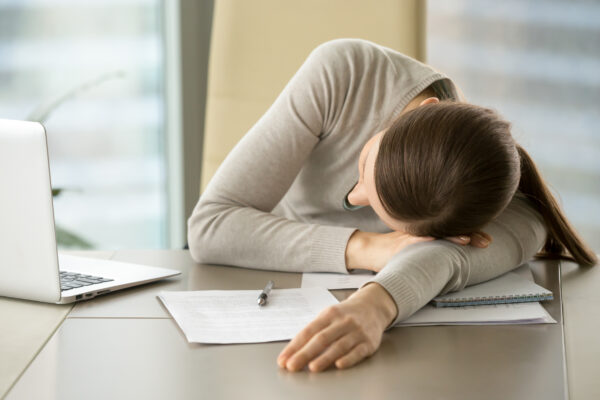
Tea is a popular beverage enjoyed by millions worldwide. It’s associated with various health benefits, from boosting antioxidants to improving mental focus. However, like any other food or drink, tea has potential side effects. One of the most concerning is its impact on iron absorption.
Tannins and Iron Absorption

Tannins are compounds found in tea leaves that give it its astringent taste. Unfortunately, these tannins can interfere with the body’s ability to absorb iron. When iron-rich foods are consumed with tea, the tannins bind to the iron, making it difficult for the body to absorb. This can be particularly problematic for individuals with low iron levels, as it may increase their risk of anemia.
Signs of Iron Deficiency
If you’re a regular tea drinker and you’re concerned about iron deficiency, it’s important to be aware of the signs and symptoms. Some common symptoms include:
- Fatigue
- Weakness
- Pale skin
- Shortness of breath
- Cold hands and feet
- Dizziness
- Brittle nails
- Hair loss
How to Enhance Iron Absorption

If you’re a tea lover but want to minimize the potential negative effects on iron absorption, here are some tips:
- Limit tea consumption: Reduce the amount of tea you drink, especially with meals. Consider spacing out tea consumption throughout the day.
- Choose iron-rich foods: Opt for iron-rich foods like red meat, poultry, fish, legumes, and fortified cereals. These foods can help offset the iron-blocking effects of tea.
- Vitamin C: Consume foods or supplements rich in vitamin C, such as citrus fruits, berries, and tomatoes. Vitamin C can help enhance iron absorption.
- Avoid oxalate-rich foods: Oxalates are compounds found in some foods that can also interfere with iron absorption. Limit your intake of spinach, rhubarb, and chocolate.
- Opt for decaffeinated tea: If you’re particularly concerned about iron absorption, consider switching to decaffeinated tea. Caffeine can also affect iron absorption.
- Consult a healthcare professional: If you’re experiencing symptoms of iron deficiency, it’s essential to consult a healthcare professional for proper diagnosis and treatment.

